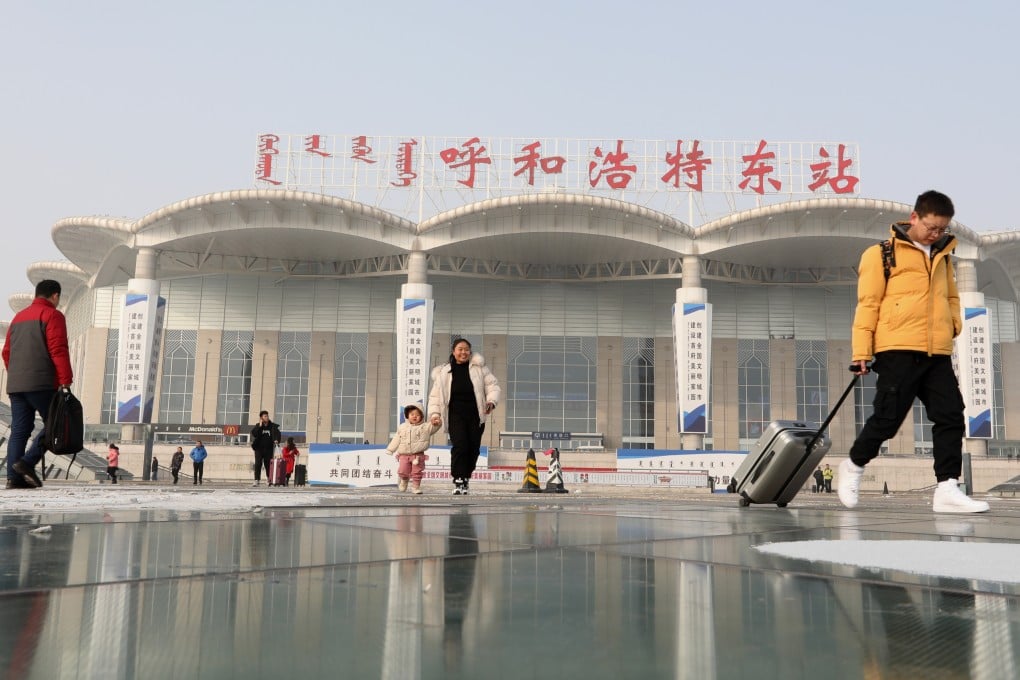China’s Inner Mongolia seeks to avoid economic, security impact of ‘hollowing out’ amid population pressure
- China’s northern Inner Mongolia autonomous region, which borders Russia and Mongolia, is concerned about an exodus of young people
- The so-called hollowing out could impact economic development and national security, with officials to focus on improving industry, services and infrastructure

China’s northern Inner Mongolia autonomous region would prioritise addressing the “hollowing out” of its border areas amid population concerns that could hinder its economic development and add to security risks.
“Inner Mongolia … has more than 4,000km (2,485 miles) of borderline, shouldering a major political responsibility in safeguarding national security and border peace,” said Wang Lixia, chairman of the autonomous region, according to the Shanghai-based The Paper on Sunday.
“This year, we should especially focus on solving the problem of ‘hollowing out’ of the border areas, adopting a comprehensive approach to attract more people to live and defend the border areas, in order to ensure national unity and border security.”
Wang’s comments at last week’s meeting of the Inner Mongolia delegation during the “two sessions” in Beijing came amid mounting concerns that an exodus of young people is impeding the economic development of the region, which borders Russia and Mongolia, and posing risks to national security.
Feng Jun, deputy director of the Political and Legal Affairs Commission at the municipal committee for Inner Mongolia’s prefecture-level city of Ulanqab, also highlighted the city’s so-called hollowed-out border villages in July.
He said residents in the border areas of the city’s administrative division of Dorbod Banner had dropped by 56 per cent from 2010 to 2022, leaving behind predominantly elderly residents aged over 60.